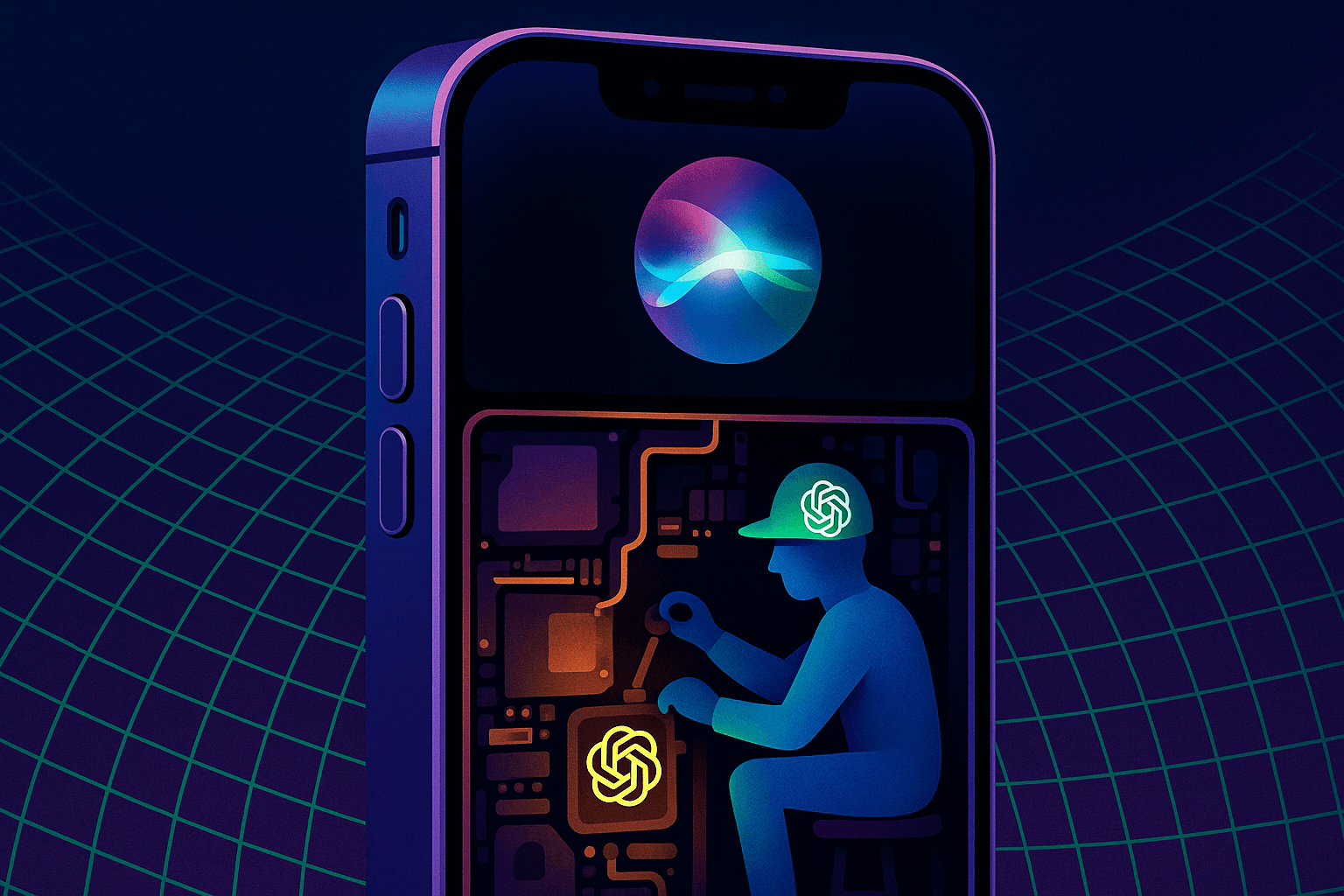Do LLMs produce texts with "human-like" lexical diversity?
NegativeArtificial Intelligence
- A recent study has examined the lexical diversity of texts generated by various ChatGPT models, including ChatGPT-3.5, ChatGPT-4, ChatGPT-o4 mini, and ChatGPT-4.5, comparing them to texts written by native and non-native English speakers. The findings indicate significant differences in lexical diversity metrics, suggesting that LLMs do not produce writing that is truly human-like.
- This research is crucial as it highlights the limitations of current large language models in mimicking human writing styles, which could impact their adoption in fields requiring nuanced language use, such as creative writing and education.
- The ongoing debate about the capabilities of AI in creative domains continues, with studies indicating that while LLMs have advanced in reasoning and problem-solving, they still fall short of matching the creativity and lexical richness of human authors, raising questions about the future roles of AI in creative industries.
— via World Pulse Now AI Editorial System



